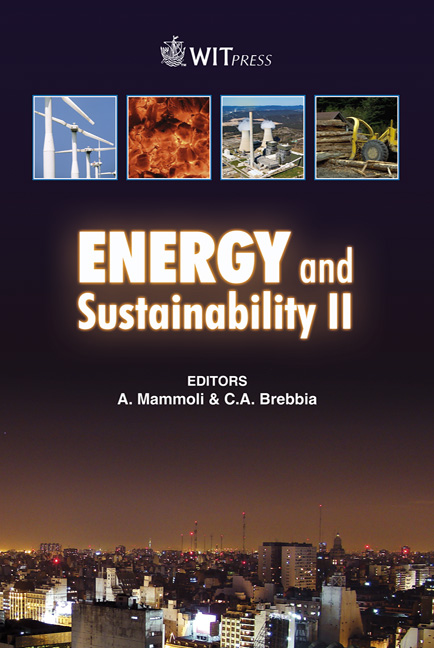Potential Transport Energy Demand And Oil Dependency Mitigation Measures
Price
Free (open access)
Transaction
Volume
121
Pages
12
Published
2009
Size
421 kb
Paper DOI
10.2495/ESUS090201
Copyright
WIT Press
Author(s)
T. E. Lane & M. J. W. A. Vanderschuren
Abstract
Transportation, including the movement of both people and freight, accounts for over 60% of all oil consumed globally, while the world’s transportation systems are over 90% dependent on oil and oil by-products. The predicted depletion of oil and subsequent rising fuel prices pose a significant threat to transportation systems worldwide. The choice of transportation system technologies and the use of transportation systems will influence a country’s vulnerability to ‘oil shocks’. Transport and energy planning policies must prepare for the likelihood of such shocks and ameliorate them via policy options. A precautionary approach needs to be adopted to reduce the dependency on oil, in order to improve the sustainability of transportation systems. This paper addresses the need for oil independence and describes potential ways in which Europe can progress towards this goal. Various mitigation measures for various transport modes are discussed. These measures are ultimately combined into strategies to bridge the gap between oil supply and demand. The objective of the paper is to alert the reader to energy demand management measures available, to the potential impacts of these measures and to the definite need for a move towards new transportation technologies if oil depletion is to be successfully traversed. Keywords: peak oil, oil dependence, transport energy, energy mitigation.
Keywords
peak oil, oil dependence, transport energy, energy mitigation





